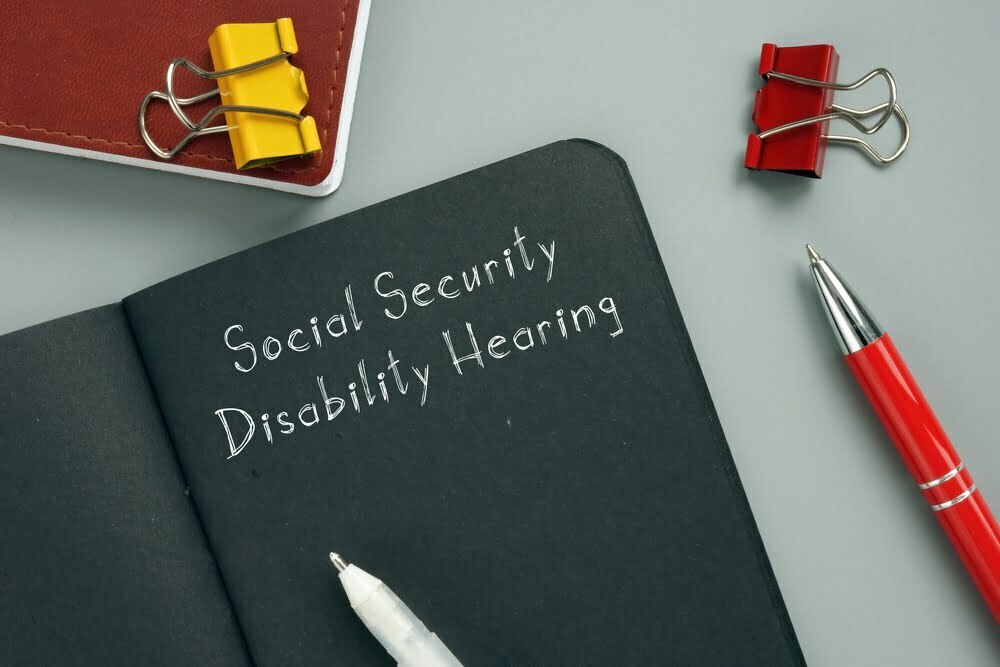I know the topic of how to win your Social Security disability case has been written or blogged about before. I have looked at some of the sites and decided that most of them are simply advertisements for hiring an attorney. Of course I agree that you should hire attorney (!), but once you have decided to hire one, I would like to provide some practical tips based upon my experience as to how you can help your attorney to help you. Hiring an attorney does not mean that you should sit back and do nothing. The opposite is true. You need to do what you can to assist in the preparation of your case so as to ensure success. Here are my tips:
- Go to the doctor. You cannot win your Social Security case unless you show you have a mental or physical condition that prevents you from working. The only way you will be able to demonstrate this is through the medical records of your doctor. If there are no records, the judge will assume your condition is not so severe such that you should be awarded disability benefits. If you decide to follow only this piece of advice, you will help your case greatly.
- Stay in touch with your attorney. If you hire an attorney to file a request for a hearing at the Office of Disability Adjudication and Review (“ODAR”), it may be a year before you will be scheduled for a hearing. You need to keep in touch with your attorney and let her or him know if you move or change your address.
- Give your attorney the names and contact information of your doctors. If you are able to read this on the internet, you are able to type and look up information. Type the names and contact information of your doctors and give the information to your attorney. It makes it easier for the attorney to have the information in one place and not to spend time looking up all the information.
- Have witnesses testify at your hearing. In California, there is good case law that states that a Judge must consider the testimony of lay witnesses. The best way to prepare the testimony is for your attorney to speak to your witnesses and to prepare declarations. If your witnesses are able to write well in English, they can prepare letters. The declarations/letters can then be submitted to ODAR. Your witnesses do not have to appear in person if they have signed the declarations. Sometimes we run out of time at the hearing and so it is nice to have the declaration in the record if the witness does not have a chance to testify. I prepare at least one declaration from a lay witness in each case. It provides the judge with different information than they have from the medical records. It is also a reality check for my clients. On more than one occasion after hearing what a witness stated, my client has said, “I didn’t know I was that bad.” My clients live with their conditions and become accustomed to them. It is good for them to learn how others see them.
- Ask your attorney to write a pre-hearing brief. Obviously you cannot make your attorney write a pre-hearing brief but perhaps when deciding which attorney to hire, you can ask them if they routinely do so. I would hire the attorney that tells you that he or she does write a pre-hearing brief. Most of the judges in the Bay Area ask for one. You will not lose if there is not one and it is unknown how many judges read them, but my own feeling is that you have a better chance at success if you tell the judge why you should win. Personally, I view them as something I need to do for my own preparation. I find that I understand my client’s case better after I have summarized the medical evidence and have argued the theory upon which I believe the case can be won. Even if the judge does not read it, I am prepared for the hearing and for an appeal, if necessary. A pre-hearing brief may is also useful to differentiate your case from the hundreds of cases that the Judge is hearing over the course of the year. My colleague, Gordon Gates, an attorney practicing Social Security Disability law in Maine and in New Hampshire makes this important point in his blog post published today.
Hope this helps!





